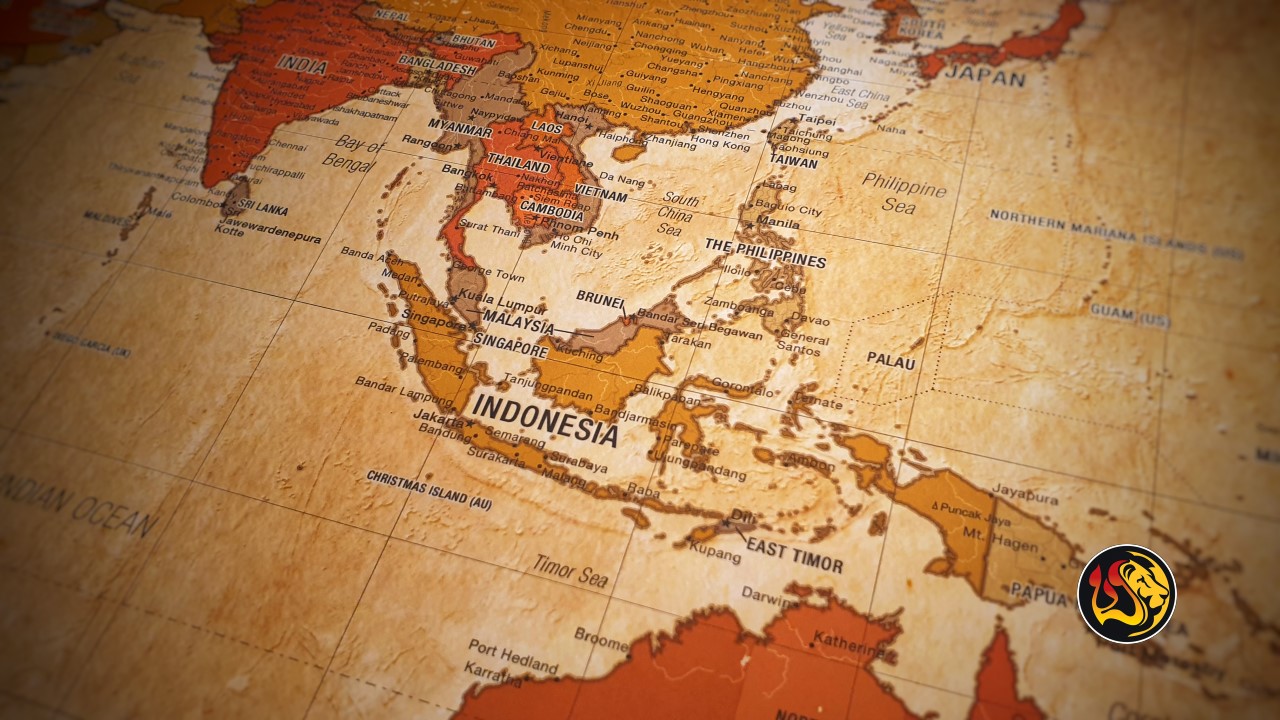By Stefan J. Bos, Chief International Correspondent Worthy News
JAKARTA (Worthy News) - Devoted Indonesian Christians say they remain concerned about churches being targeted by Islamists despite government pledges to improve the situation for minority faiths in the world’s largest Muslim nation.
Evangelical pastors and others involved in churches and underground Christian house groups told Worthy News that they fear the country’s religious minister won’t be able to restore calm in several regions.
They recalled attacks against churches, sometimes deadly violence, and the difficulties in obtaining permits to build churches or use existing buildings for that purpose.
The evangelical Christians spoke about their Pentecostal and charismatic congregations and house church groups in the Jakarta and Medan areas after Minister Yaqut Cholil Qoumas pledged more religious freedom.
The minister asked top officials to intervene “if there are obstacles to establishing places of worship. Please help, intervene, advocate. Regulations often become obstacles. But the presidential decree on establishing places of worship has the spirit of making things easier," he stressed in remarks to his staff monitored by Worthy News.
The decree was expected to be signed by outgoing President Joko Widodo, better known as Jokowi, who has been in power for a decade.
The minister of religion also urged officials “to ensure that Ministry of Religion offices throughout Indonesia can be used as temporary houses of worship.”
DIFFICULTIES WITH WORSHIP
That was important when “people have difficulty worshiping because there is no permit to build a house of worship or for other reasons such as social conflict,” he said.
Yet, evangelical pastors aren’t convinced there will be enough time left to improve the overall situation of devoted Christians, including Christian converts who abandoned Islam.
Jokowi is due to step down when Indonesia’s presumed president, Prabowo Subianto, takes over in October after unofficial results showed he won last month’s elections.
On Tuesday, Prabowo promised a "very smooth" transfer of power, but Christians say they remain concerned about growing Islamic extremism in the country.
“However, they can make these promises, but within the government, there is much opposition towards devoted Christians,” said Victoria, a church worker organizing home church meetings and prayer groups. “Much will depend on those carrying out the policies both in government and a local level.”
Pastor Barus, who works in a Sumatra island village, told Worthy News that, in reality, “everywhere in the Church, it is difficult and even difficult to get permission. We can only hope that a new era of change will emerge.”
Pastor Mamuaya, active in the Jakarta region, said the “minister of religion who is currently in office wants to do good. The government is preparing legislation to make it easier to obtain licenses for places of worship. But the representatives and subordinates of the religious office do not really support this.”
The church workers each used one name for security reasons.
BORN AGAIN
While traditional religious churches have been able to operate more openly, evangelical Christians, also known as “born-again believers” and “Bible-believing Christians,” often face obstacles to expressing their faith, Worthy News learned.
If a church is believed to be involved in evangelism or “proselytizing,” it could face opposition from radical Islamic groups, Christians said.
“Depending on the region, some church groups also face difficulties getting permission to build churches. Even if they fulfill all legal requirements and win court cases, local authorities may still ignore them,” confirmed Christian advocacy group Open Doors.
“The situation for Christians has been deteriorating in recent years, with Indonesian society increasingly influenced by conservative interpretations of Islam. Polls regularly show that especially young people hold conservative views, and by-laws on Islamic dress are becoming more common,” noted Open Doors in a recent assessment.
Among the evangelical believers are former Muslims, adding to difficulties for them and the churches hosting them. “Especially converts from Islam experience pressure from their families. Converts may also face physical violence for their Christian faith, and they could be forced to relocate to another part of Indonesia,” Open Doors said.
“The pressure is also higher in places like West Java or Aceh, where radical Islamic groups exert a heavy influence on society and politics,” Open Doors added.
Yet, Indonesia’s minister of religion claims to be determined to improve religious rights in Indonesia, where Christians comprise roughly 10 percent of the nearly 280 million mainly Muslim people. However, Pentecostal sources say the actual figure is higher as many “Muslims turn to Christ.”

